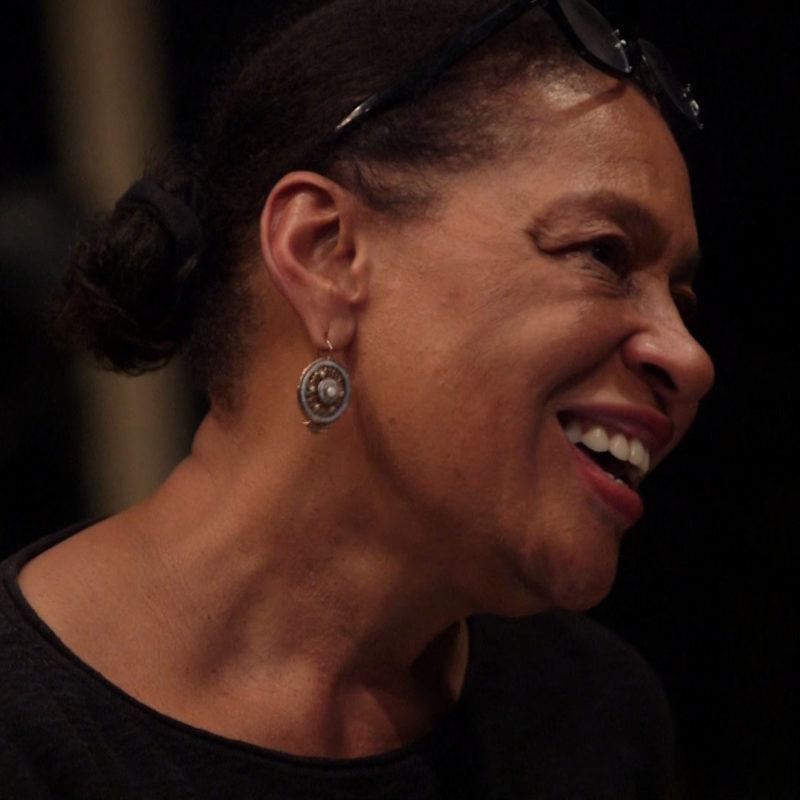Continue playing
(Time remaining: )
Play from beginning
Continue playing "{{ controller.videos[controller.getVideo(controller.currentVideo)].segmentParentTitle}}"
{{controller.videos[controller.getVideo(controller.currentVideo)].title}} has ended.
"Roaming"Carrie Mae Weems
Carrie Mae Weems describes the impetus for her series Roaming (2006). An investigation into “the edifice of power,” Weems performed a series of photographic actions throughout Rome, Italy, contrasting her body with grand architectural structures and monumental surroundings.
Credits
Producer: Wesley Miller & Nick Ravich. Interview: Catherine Tatge. Camera: Joel Shapiro. Sound: Roger Phenix. Editor: Joaquin Perez. Artwork Courtesy: Jack Shainman Gallery & Carrie Mae Weems. © 2010 Art21, Inc.
Closed captionsAvailable in English, German, Romanian, Italian, Japanese, Korean, Chinese, Italian
Through the Art21 Translation Project, multilingual audiences from around the globe can contribute translations, making Art21 films more accessible worldwide. Translate this video now.
Interested in showing this film in an exhibition or public screening? To license this video please visit Licensing & Reproduction.
Carrie Mae Weems’s vibrant explorations of photography, video, and verse breathe new life into traditional narrative forms like social documentary, tableaux, self-portrait, and oral history. Eliciting epic contexts from individually framed moments, Weems debunks racist and sexist labels, examines the relationship between power and aesthetics, and uses personal biography to articulate broader truths. Whether adapting or appropriating archival images, restaging recognizable photographs, or creating altogether new scenes, she traces an essential indirect history of the depiction of African Americans for more than a century.

